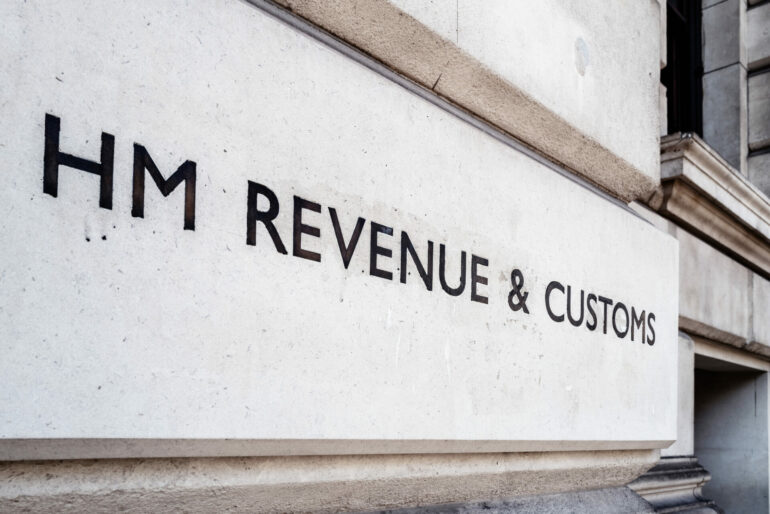New calculations from Quilter show that a working-age single homeowner in England with an average-priced home of £290,395 and a moderate pension pot of £415,000 would face an inheritance tax (IHT) bill of £82,158 from 2027 following changes announced in the Budget – even if they die before reaching pension age.
Until now, unspent pensions were typically passed on tax-free if the saver died before age 75, especially before they could access them.
HMRC has now confirmed that from April 2027, pension savings will count towards a person’s estate for IHT purposes regardless of age at death, unless covered by exemptions.
This means cohabiting families with young children, who do not benefit from the spousal exemption or transferable nil-rate band, will be far more exposed.
In many cases, properties are jointly owned, meaning only half its value is included in the estate. Even then, a typical family in England would face an IHT bill of £24,079 due to the pension inclusion.
Where the home is solely owned, the bill is more than three times higher. For example, in London, sole ownership of an average-priced home at £565,637 combined with a £415,000 pension pot creates an IHT bill of £192,254 in 2027.
Jon Greer, head of retirement policy at Quilter, said: “Charging inheritance tax on a pension someone could not access and will never be able to use due to passing away before the minimum pension age is optically terrible for the government.
“It is even more unjust for cohabiting families who have no spousal relief or ability to transfer tax allowances.
“A grieving family with young children and an average priced home could face six-figure IHT bills at the most distressing time. Married couples are protected by exemptions and allowances; cohabitees aren’t.
“Policymakers should consider carve-outs or transitional reliefs for working-age deaths, particularly when young children are involved.
“Without change, this policy risks compounding the emotional toll of bereavement with a financial hit that can destabilise a family’s future despite raking in very little in additional revenue.”




